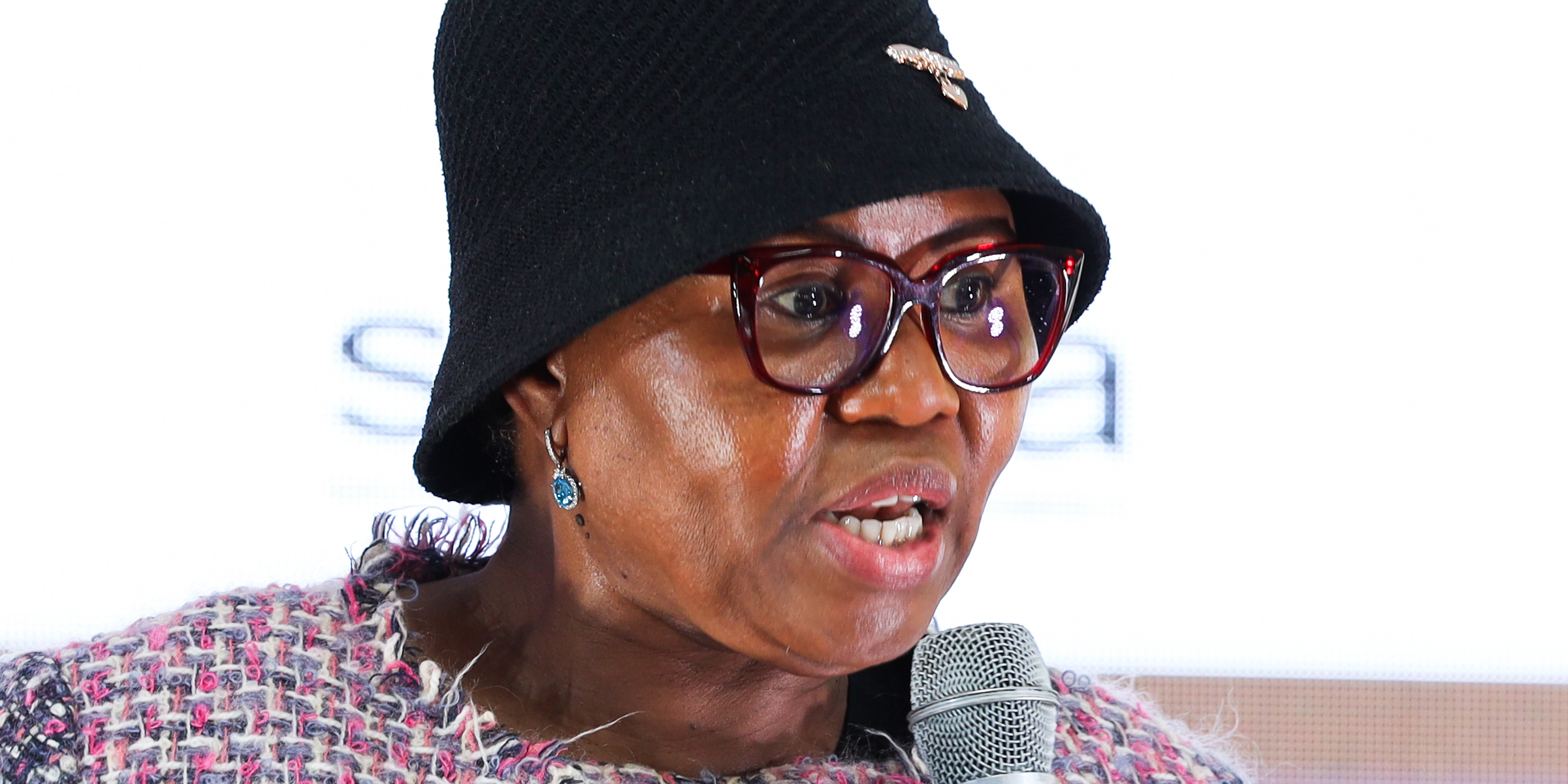On the last day of the global 16 Days of Activism against Gender-Based Violence (GBV) campaign, City Press published an article titled “How Lindiwe Zulu bungled R100m fund meant to empower survivors of GBV”. The article outlines how social development minister Zulu and her director-general, Linton Mchunu, are accused of botching a transfer of R100-million from the Criminal Assets Recovery Account that was meant for the empowerment of GBV survivors and to boost the fight against GBV. According to City Press, Zulu and Mchunu appointed the National Development Agency (NDA) as an intermediary to handle the funds, and this resulted in the funds being disbursed to organisations which included some that had not been functional for more than a year when they received the disbursements.
An internal audit raised red flags concerning the appointment of the NDA and the funding given to some organisations that were not even running programmes focused on GBV. It is clear that the NDA was never the appropriate vehicle for this funding, and perhaps some can be recovered – but that seems very unlikely.
These revelations force us to consider afresh how the state funds GBV interventions, and how we as the civil society organisations that offer services to GBV survivors and advocate for a more sensitive criminal justice system hold the state to account for responsible funding. There are limits to the support the state provides to GBV survivors, which makes the services provided by civil society organisations indispensable.
There are many organisations that offer essential support services, shelter services, containment counselling and community development programmes aimed at creating more awareness about GBV. They exist and need to be funded in order to continue to do so.
There are also government initiatives, such as the Thuthuzela Care Centres (TCCs), that offer a comprehensive set of services to GBV survivors in the aftermath of an incident. Working together at a health facility, doctors, forensic nurses, counsellors and National Prosecuting Authority (NPA) staff collaborate to provide containment counselling, medical care, a forensic examination, the opportunity to report the incident to the South African Police Service (SAPS), and referrals for longer-term support.
The NPA has created a best-practice model to run the TCCs and has been able to establish a total of 63 such centres to date, working with health departments, SAPS and civil society. However, the reality is that not every survivor in the country has access to a TCC and therefore that set of services, and the NPA regularly has to ask for increased budgets to set up more of these TCCs. This vitally important component of support and empowerment is simply not available to enough survivors of GBV, especially in peri-urban and rural areas.
It is clear that there are real and reputable organisations, services and initiatives that are in need of funding in order to ensure that they can continue to deliver on their promise to survivors. It is also clear that there are funds made available to fund this invaluable work and commitment from both the government and civil society organisations to make this happen. The only way to ensure that survivors of GBV have any chance of receiving the support they so rightly deserve is if we work together to achieve this. DM
Jeanne Bodenstein is the advocacy specialist at the Rape Crisis Cape Town Trust, Alison Tilley is a part-time member of the Information Regulator and coordinator of the Judges Matter Campaign and Sino Mdunjeni is the communications coordinator at the Rape Crisis Cape Town Trust.
South Africa
State funding of GBV interventions — it can only work if we all work together




